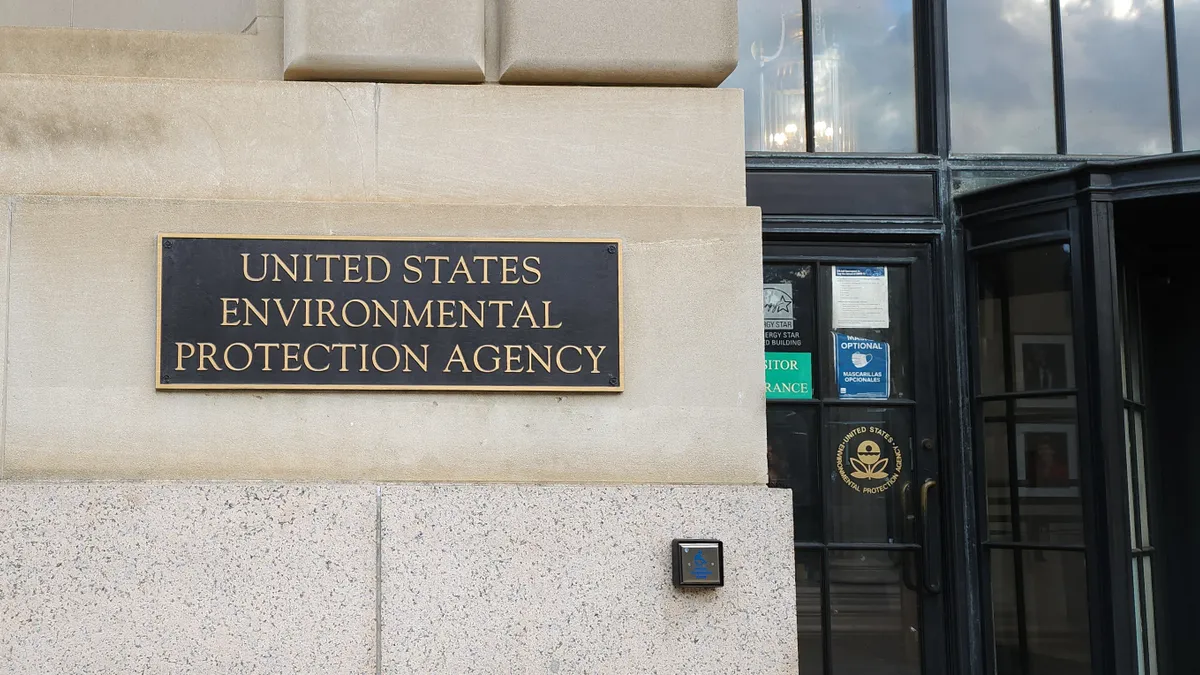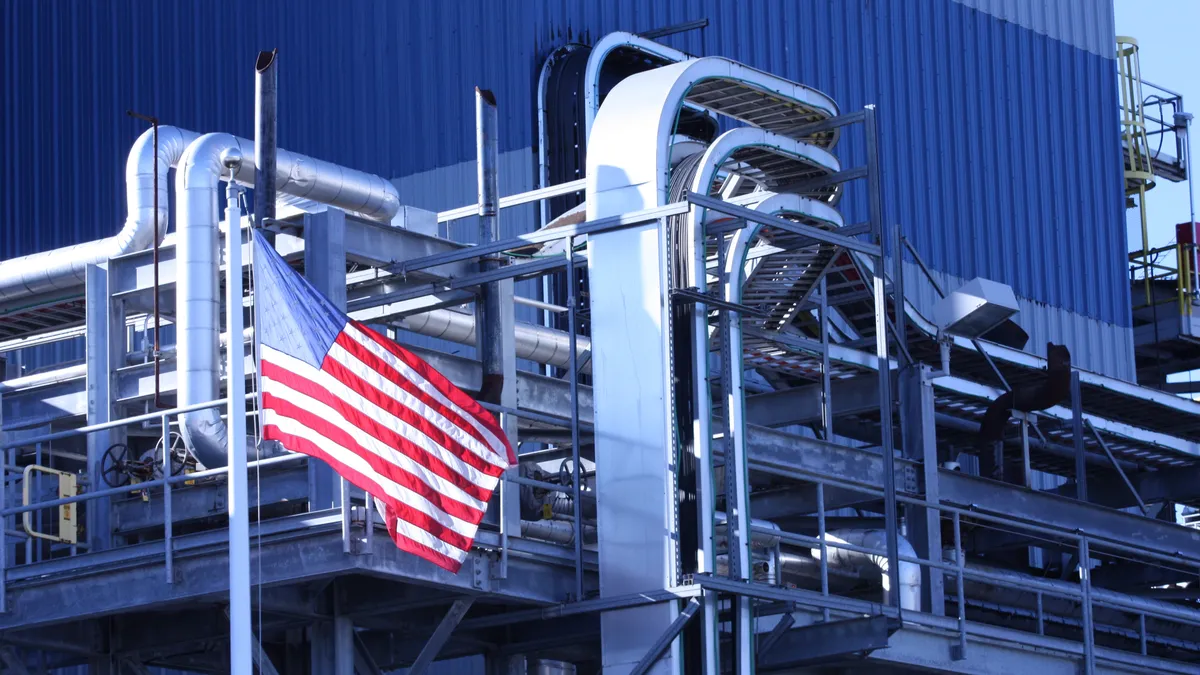The Environmental Protection Agency finalized a rule this month requiring manufacturers to submit advance federal notice before adding any new PFAS chemicals or other toxic substances into their production processes.
The new rule aims to bolster the EPA’s evaluation process for adding new chemicals and determining their manufacturing, distribution and disposal under the Toxic Substances Control Act.
The change, which aligns with a 2016 chemical safety amendment under TSCA, will also more strictly limit exemptions from the federal review process. Previously, manufacturers could get exemptions for new chemicals if they manufactured 10,000 kilograms a year or less or have low environmental release and human exposure, according to the EPA website.
Other substances on the premanufacture notice list include new or genetically modified microorganisms for commercial activity, such as bacteria and enzymes. Microbials are used in processes such as food products.
The change is expected to increase net annual costs to manufacturers by more than $200,000, while saving the agency approximately $1 million, according to the pre-published rule. The EPA expects that companies filing for a low volume exemption from the rule will pay more than $61,000 per notice.
The chemical safety amendment under TSCA set five possible determinations to help the EPA’s evaluation of new chemicals, including: if the material poses a a health or environmental risk, if there is sufficient information about the chemical, any risks associated with the manufacturing process and the amount of the chemical that will be produced.
“Prior to the 2016 amendments, EPA only made formal safety determinations on approximately 20% of new chemical submissions,” the agency said in the Dec. 4 press release. “Now, the new law requires EPA to make one of five possible safety determinations on 100% of new chemical submissions before they can enter the market.”
The regulation will go into effect 30 days after the rule is published on the Federal Register.
“Companies which are in the business of manufacturing new PFAS or PBT chemicals should consider this new regulatory landscape, as it will likely impact the timeline for bringing a new chemical to the market for manufacture,” Kayla Weiser-Burton, an attorney with law firm Dorsey & Whitney, said in an emailed statement. “In other words, this mandated EPA review period may cause delays.”
Trade groups like the American Chemistry Council oppose the agency’s new rule, urging the EPA to release public data to show the amount of time it takes for a company to develop a product and release it to the market.
“Individual chemistries have differing health and environmental profiles, making it scientifically inappropriate and grossly inaccurate to impose broad, sweeping regulations on the entire class,” ACC said in a statement. “By adopting a one-size-fits-all strategy, EPA disregards scientific consensus and contradicts its own methodologies used in other regulatory frameworks, such as the Clean Air Act and the Agency’s PFAS Strategic Roadmap.”












